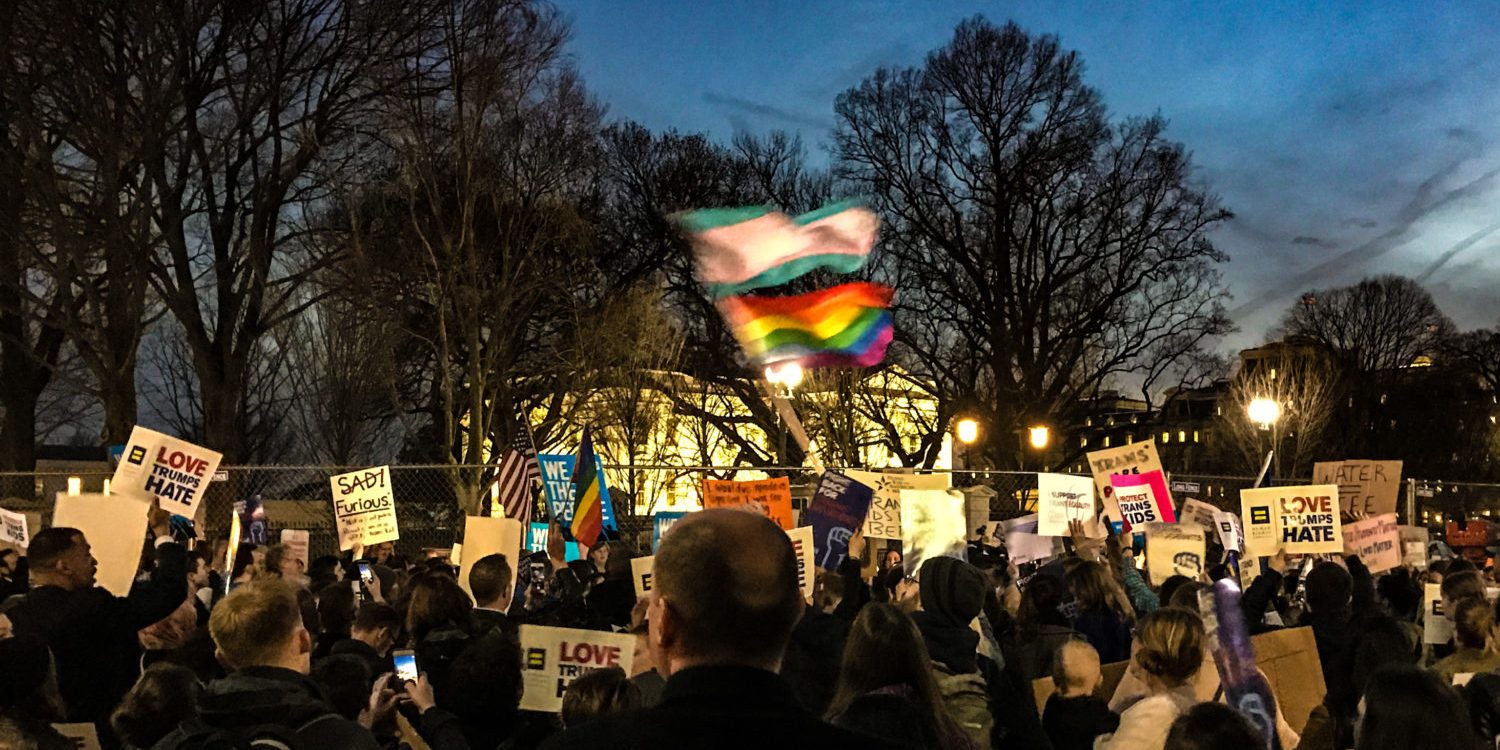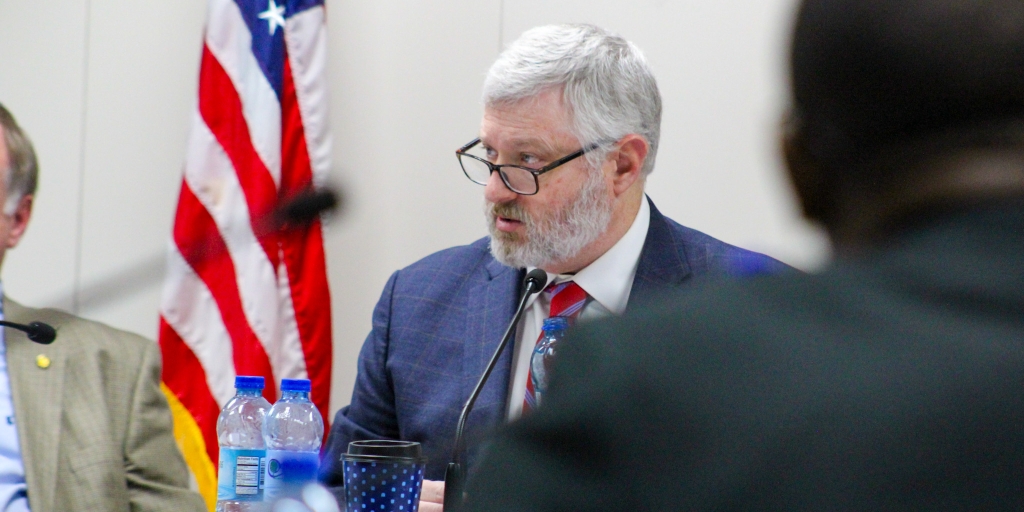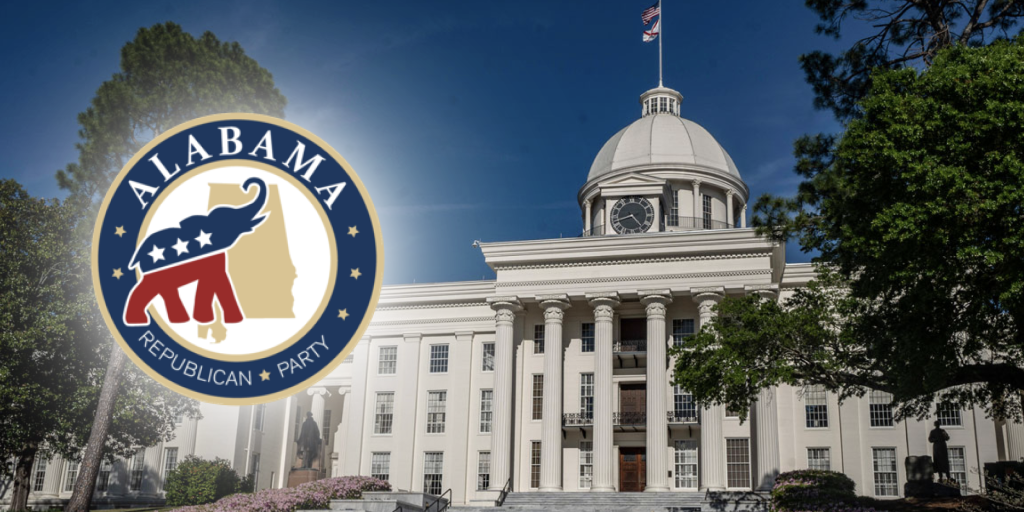On Wednesday, the Alabama State Senate County and Municipal Government Committee voted to give a favorable report to legislation that would ban state agencies, public schools, and state colleges and universities from implementing or promoting “divisive concepts” such as critical race theory. It would also prohibit public institutions from maintaining a diversity, equity, and inclusion (DEI) office or department.
SB129 is sponsored by State Sen. Will Barfoot (R-Pike Road) and signed onto by 25 members of the Alabama Senate in total.
Section 1 of the bill, “defines nine different divisive concepts,” Barfoot explained.
“Section 2 lists the prohibitions. Those prohibitions are, that the DEI program, as stated in the definition, the sponsor cannot maintain an office of a DEI program; direct or compel a student, employee, or contractor to affirm, adopt, or adhere to one of those divisive concepts as clearly laid out; require the state agency, local board of education, or public institution to require them to attend a DEI program or training or event or exercise that advocates or requires assent to a divisive concept; require a student, employee or contractor to share his personal views about a divisive concept; require a student, employer, or contractor to participate in lobbying for legislation related to a divisive concept; penalize or discriminate against a student, employer, or contractor because of a refusal to endorse, adopt, or believe a divisive concept; to endorse one of those divisive concepts, authorize expenditure of public funds or apply for federal or private funding for the purpose of compelling assent to one of those nine divisive concept.”
RELATED: State Sen. Barfoot: ‘Divisive concepts’ bill doesn’t force teachers to ‘gloss over’ history (2022)
“Section four says that nothing in this act prohibits or prevents students, faculty, organizations, or associations from hosting DEI programs or discussions that may involve divisive concepts so as long as no state funds are used,” Barfoot continues. “It also mandates or says that nothing in this act prevents employees or contractors of a state agency, local board of education, or public institution of higher ed from participating as part of their job duties, orientation course work, or training from responding to question raised that pertain to divisive concepts; so we are not eliminating the discussion of those divisive concepts if it is part of their job duties or requirements. Further it goes — nothing in this act prevents the teaching topics of historical events in a historically-accurate context. I have said this before on multiple occasions,” Sen. Barfoot said.
“My mother was a history teacher. This does not prohibit in any form or fashion the teaching of history which I don’t think we do a very good job of,” he added.
A lengthy public hearing followed. Jerome Dees is the policy director of the Southern Poverty Law Center spoke in opposition to the bill.
“When we teach about the history of what happened in the 1700s and 1800s in America and Alabama we also have to teach the policy implication of the history of what occurred.” Dees said.
RELATED: Alabama Senate committee advances legal definitions of gender terms including ‘man’ and ‘woman’
“History is a very messy kind of subject,” said retired history professor and published author Dr. Tilford Earl said, “I believe this bill is needed to put the university back away from ideologically motivated history. Ideology has no place in history; but you can point to ideology in history and gain a great deal of learning.”
“I think this bill is about as fair as you can get,” Earl said. “I would be in favor of this bill because it does attempt to get us away from ideological perspectives when it comes to history.”
Camille Bennett is the founder and executive director of Project Say Something.
“We see a bill that could wipe out state funded DEI and censor Black history,” said Bennett. “How do a group of predominantly White men define divisive concepts? Were marginalized communities included in this definition. Why does SB129 choose not to explain why DEI is divisive? We still don’t know the reason. You just gave us some concepts you came up with yourselves.”
Retired Air Force Col. John Eidsmoe is the senior legal counsel of the Foundation of Moral Law.
“The bill provides ample protection for academic freedom,” said Eidsmoe. “What we are concerned about is indoctrination in a particular ideology. An ideology that divides people into identity groups rather than measures them on their individual worth, teaches people to be ashamed of their race or their ancestry, teaches hatred of their ancestors. That’s what we are trying to prevent here.”
After much discussion, the committee voted to give SB129 a favorable report. It could be voted on by the Senate as soon as Thursday. Senate Democrats have stalled all legislation in the body on the last two legislative days in response to the consideration of this bill.
To connect with the author of this story, or to comment, email [email protected]













